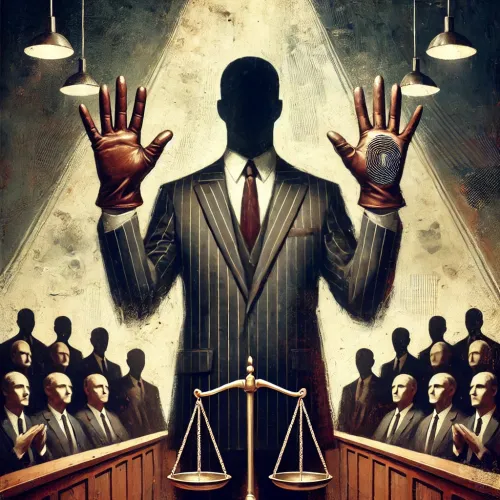In People v. Williams, the defendant, Arasheik Wesley Williams, faced multiple charges, including false imprisonment and rape. During the trial, the court instructed the jury that they could consider the lesser included offense of unlawful sexual intercourse with a minor, commonly known as statutory rape. This instruction was given over the defense's objection.
Juror No. 10's Conduct
During deliberations, Juror No. 10 expressed a refusal to apply the court's instructions regarding the statutory rape charge, citing personal disagreement with the law criminalizing consensual sexual activity between an adult and a minor. The juror believed that such conduct should not be illegal and, therefore, was unwilling to convict based on that charge. This stance led to concerns about the juror's ability to perform his duties impartially and in accordance with the law.
Dismissal of Juror No. 10
The trial court, upon learning of Juror No. 10's refusal to follow the law, conducted an inquiry and subsequently dismissed the juror for cause, replacing him with an alternate. The court determined that the juror's personal beliefs were interfering with his duty to apply the law as instructed, rendering him unable to perform his role effectively.
Legal Issue
The central issue on appeal was whether the trial court erred in dismissing Juror No. 10 based on his refusal to apply the law due to personal disagreement, raising questions about the legitimacy of jury nullification—the concept that jurors can acquit defendants if they believe the law is unjust, regardless of the evidence presented.
California Supreme Court Decision
The California Supreme Court upheld the trial court's decision to dismiss Juror No. 10, emphasizing several key points:
- Obligation to Follow the Law: Jurors are required to apply the law as instructed by the court, regardless of personal beliefs. A juror's deliberate refusal to do so constitutes an inability to perform their duty.
- Jury Nullification Not Sanctioned: While jurors have the power to acquit against the evidence, they do not have the right to engage in jury nullification. The court stated that nullification undermines the rule of law and leads to unequal application of justice.
- Proper Grounds for Dismissal: The dismissal of a juror who refuses to follow the law is appropriate to ensure the integrity of the judicial process. The court found that the trial judge acted within his discretion in removing Juror No. 10.
Implications
The Williams decision has significant implications for the practice of jury nullification in California:
- Reaffirmation of Legal Obligations: The ruling reinforces that jurors must adhere to the law as provided by the court, and personal disagreements with the law do not justify refusal to apply it.
- Limitations on Jury Nullification: By clarifying that jury nullification is not a right, the decision limits the ability of jurors to acquit based on personal beliefs about the justice of the law, promoting consistency and predictability in verdicts.
- Guidance for Trial Courts: The case provides guidance for trial courts in handling situations where a juror's personal beliefs interfere with their duty, affirming the court's authority to dismiss such jurors to maintain the integrity of the legal process.
Critiques and Discussions
The Williams decision has sparked discussions about the role of juries in the justice system:
- Debate on Jury Independence: Critics argue that the ruling diminishes jury independence by discouraging jurors from exercising their conscience in cases involving laws they perceive as unjust.
- Concerns About Judicial Overreach: Some view the decision as granting excessive power to judges to control jury deliberations, potentially undermining the jury's role as a check on governmental authority.
- Implications for Juror Candor: The ruling may lead prospective jurors to conceal their true feelings about certain laws during voir dire to avoid dismissal, affecting the selection of impartial juries.
People v. Williams (2001) serves as a pivotal case in California jurisprudence, clarifying the limitations of jury nullification and reinforcing the obligation of jurors to apply the law as instructed. By upholding the dismissal of a juror who refused to follow the law due to personal disagreement, the California Supreme Court emphasized the importance of legal consistency and the rule of law in the judicial process. This decision continues to influence discussions on the balance between juror independence and legal obligation within the justice system.



